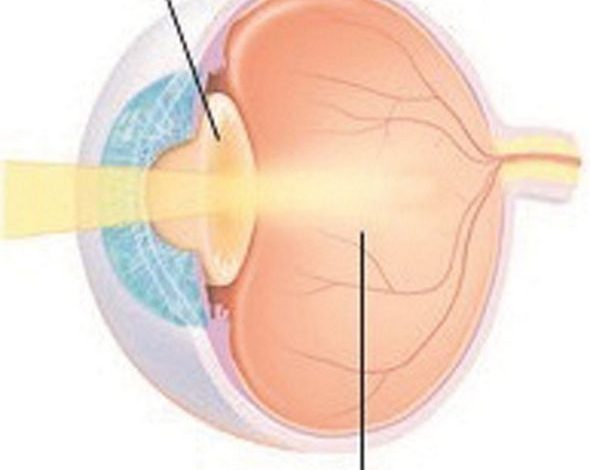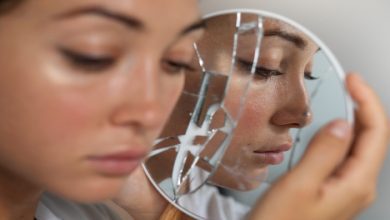

Eye Health
By Dr S.S. Gill
Ipoh Echo’s EYE HEALTH series continues with Consultant Eye Surgeon Dr S.S. GILL, giving us a final CHECKLIST on CATARACT.


SOME CAUSES:
- Aging: Commonest cause. Occurs in every person at some stage.
- Secondary cataracts: Due to diabetes, steroids, radiation, UV exposure.
- Trauma: Injury by blunt objects & sharp ones.
- Congenital: Babies born with cataracts.
SYMPTOMS MAY BE:
- Blurry vision is commonest. Sometimes described as foggy, filmy or cloudy.
- Colours seem washed-out and dull.
- “Second-sight of aging”: paradoxical improvement in near vision!
- Frequent change of spectacles, dissatisfied with new spectacles
CATARACT EYE EXAMINATION:
- Vision check, front of eye check, eye pressure check, then dilating your pupils with eyedrops for the full cataract and retina (nerve at back of eye) examination.
- Remember: It takes 30 to sometimes 90 mins (for diabetics) to dilate pupils.
- Be prepared for the wait! Bring sunglasses with you to wear after eye check.
- Check eyes annually after 40 years of age especially if diabetic.
PREPARING FOR CATARACT SURGERY:
- Arrange time from work: avoid unfinished business that may distract rest.
- Arrange for a driver: this is always helpful. If staying very far, ward stay best.
- Review all medications: confirm which need to be stopped temporarily.
- Eating and drinking: find out whether op under Local or General anaesthesia.
- Hygiene: wash face thoroughly, no cosmetics or eyeliners, hair-wash.
- Inform doctor if eye is red with any unusual eye discharge on morning of operation or if you feel unwell for any reason.
ON THE DAY OF SURGERY:
- Remember: Fast from water & food if surgery planned under General Anesthesia (G.A.) Light meal if surgery under Local Anaesthesia (L.A.)
- If under L.A., eyedrops to numb the eye will be instilled. You are awake during the surgery. Cooperate with surgeon by not moving head during surgery.
- If under G.A., you will be unconscious during the surgery.
- After surgery, once you have been given a meal, you may go home to rest.
- If the eye is padded, do not remove it or get it wet.
AFTER THE CATARACT SURGERY:
- Remember to strictly instil eyedrops regularly as instructed.
- Inform doctor if you have any eye pain, undue redness or blurring vision.
- Do not rub or wet your eye. Keep eyelids clean. Avoid eye make-up.
- Never stick your fingers into the corners of your eye.
- Avoid heavy exercise, swimming, prolonged computer use, alcohol.
- Be patient as healing duration may vary from person to person depending on age, health and associated conditions like diabetes, etc.


